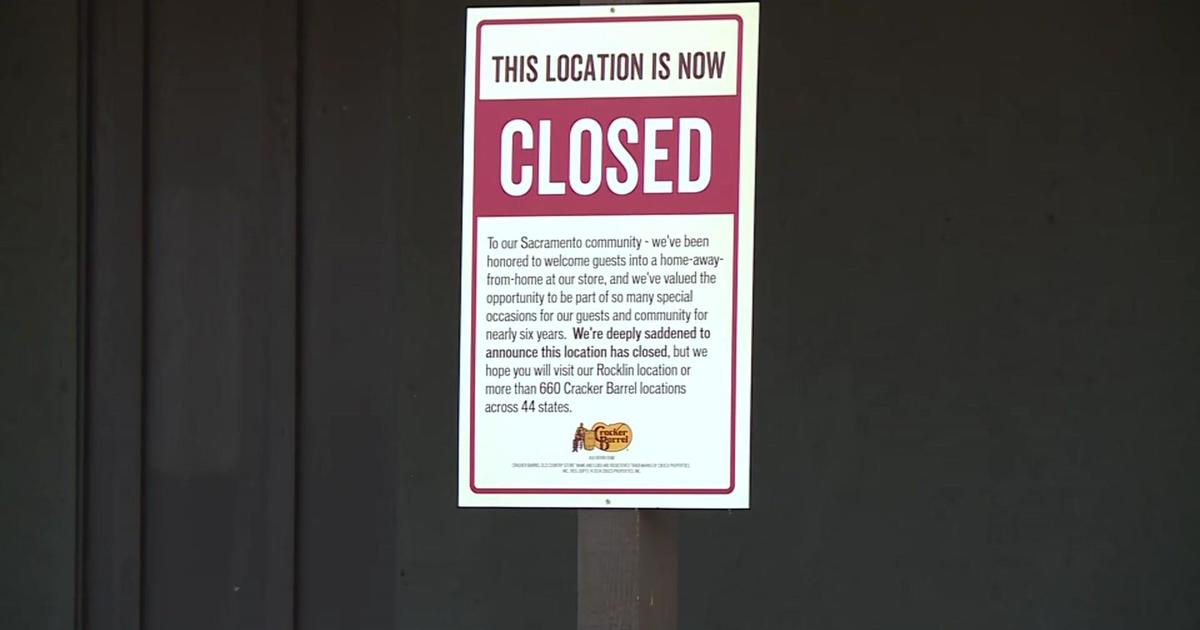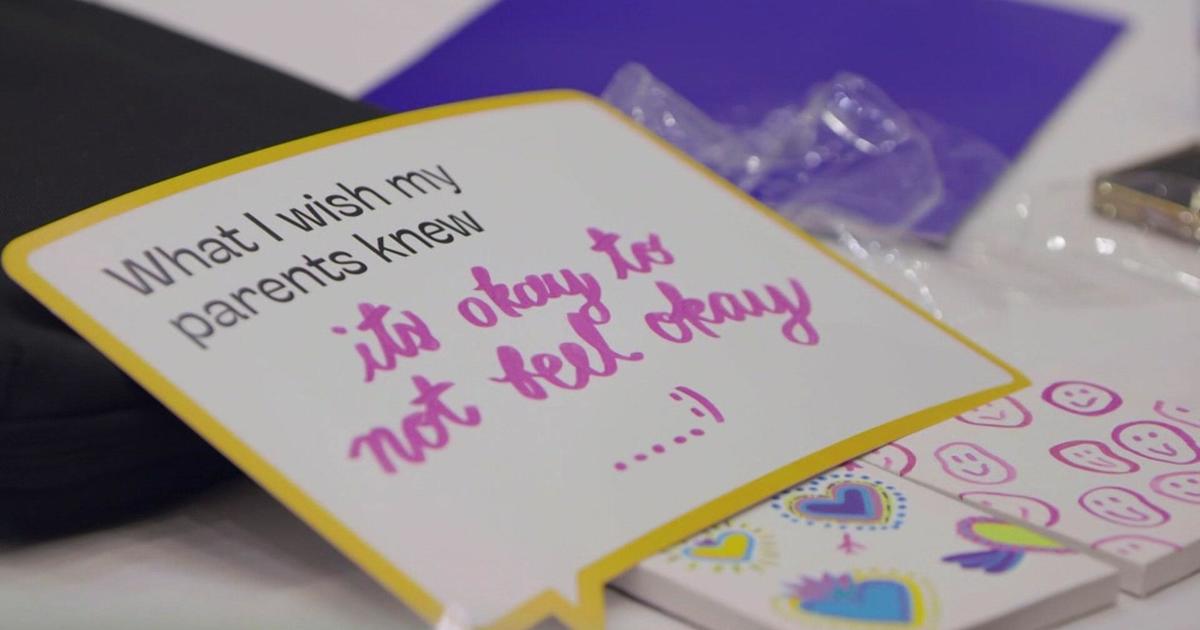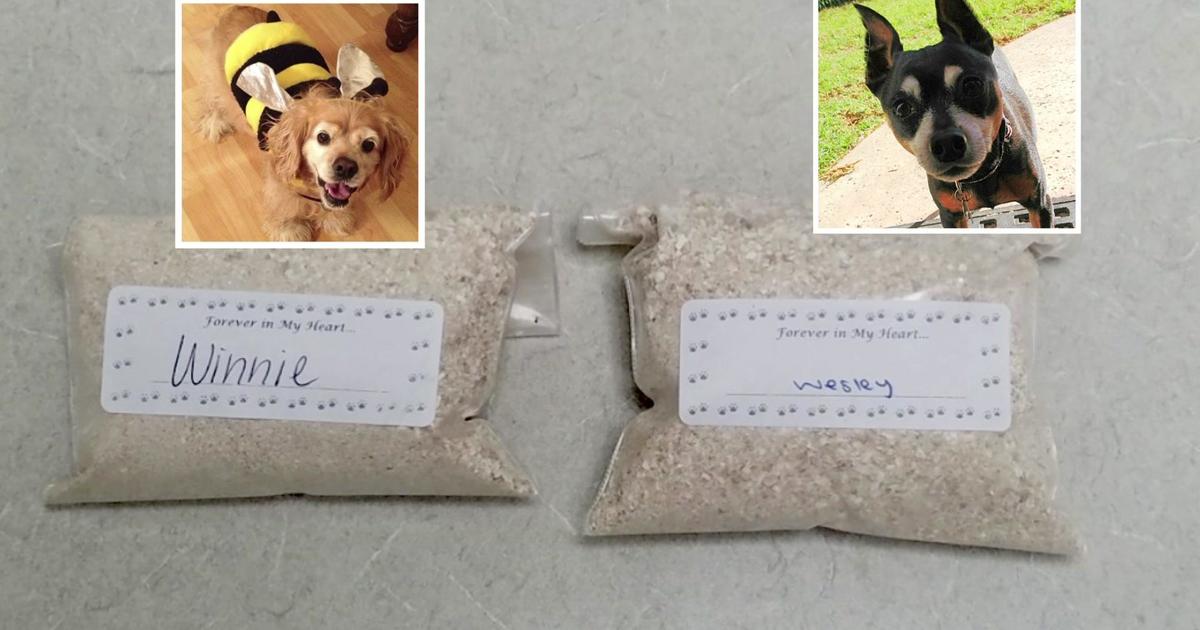First New Drug In Decades Gives Hope To ALS Patients
SACRAMENTO (CBS13) — For the first time in more than 20 years, a new drug to treat ALS is now available in the United States.
The drug Radicava was approved by the FDA and has proved to be effective for ALS patients.
"I'm really excited that there's some hope," said Diane Freeman.
A powerful wave of hope is moving through the ALS community.
"I told my doctors I want to be the guinea pig, I want to get it now," said Freeman.
Sixty-four-year-old Diane Freeman of Sacramento is a mother of two and a retired fourth-grade teacher who was diagnosed with ALS -- also known as Lou Gehrig's disease -- just a year ago. She says her arms and legs are getting weaker and weaker.
"It's tough, especially as it progresses more, but I'm fortunate, I can still speak and breathe on my own and swallow," she said.
Every 90 minutes, a new patient is diagnosed with ALS and someone dies from the disease.
Now Radicava, an infusion therapy developed out of a study in Japan, is the first drug in two decades to hit the U.S.
"This is really significant. This drug took us out of a slumber and showed us there are potential cures out there," said Dr. Jonathan Katz.
Dr. Katz is a neurologist and director of the Forbes Norris ALS Center based in San Francisco and Sacramento. Dr. Katz says Radicava has shown promising signs in Japan, slowing the progression of ALS by 33 percent.
"The patients in the treatment group that received Radicava had much slower progression than those that received placebo. And when we add it to the old drug we had, it gives us real progress for this disease," said Dr. Katz.
Trials were done on patients in the earliest stages, but the hope is anyone living with the disease can take it.
"The new drug is an infusion; the patients have to get 10 IV infusions per month," he said.
For ALS patients like Freeman, Radicava means more time and more life.
"I want to hold my future grandkids someday, I want to go on vacation with my kids, so this drug gives me hope," said Freeman.
Dr. Katz says since this drug has become available, many doctors have been writing prescriptions.
"There are five to six other drugs that will be studied, and we hope a couple of those will be effective. And you start adding things up, and you really have an impact," he said.
Katz says patients should be patient, as a lot still needs to be worked out. As far as cost, he's hoping insurance companies will get on board and cover this infusion therapy.



